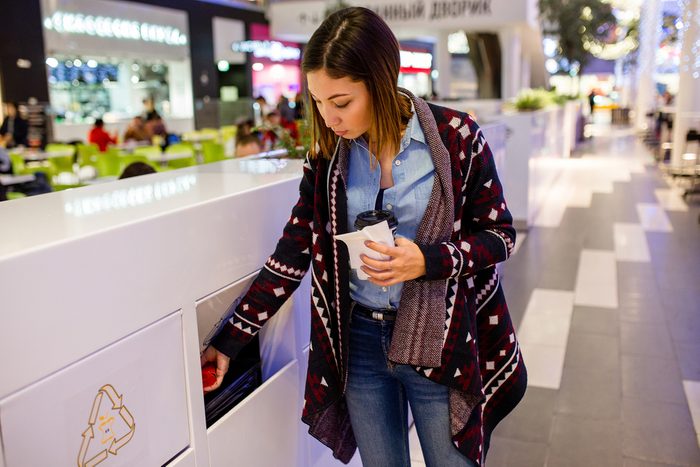
How to reduce your garbage
Take a little test. Over the course of a week, before tossing out your garbage, take a closer look at how much trash your family produces. Put it all big bag and weigh it. You’ll likely be surprised just how much stuff you throw away. One study in the United States revealed that each citizen generated an average of 4.4 pounds (2 kg) of trash per day. How do you pare down your trash production? Reduce the amount of one-time-use items and reuse as many products as possible. Here’s how.
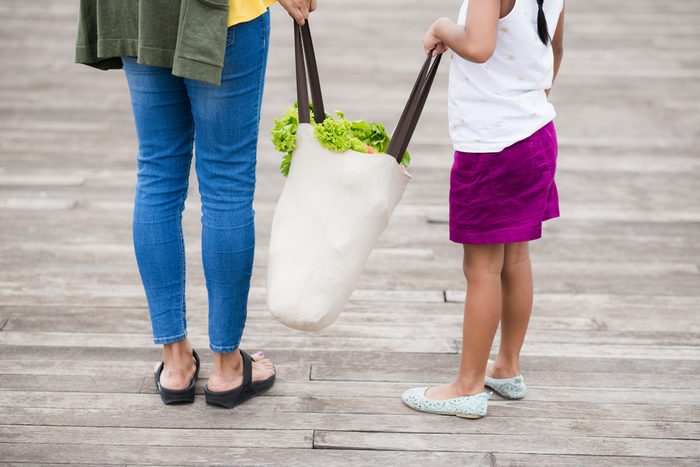
Be smart with bags
Try to use paper rather than plastic when packing fruit and vegetables in the store. Make sure you take reusable bags with you when shopping. Also, when packing lunches, use reusable bags. A half a dozen reusable bags can easily last your family a whole year as opposed to several boxes of the disposable alternative.
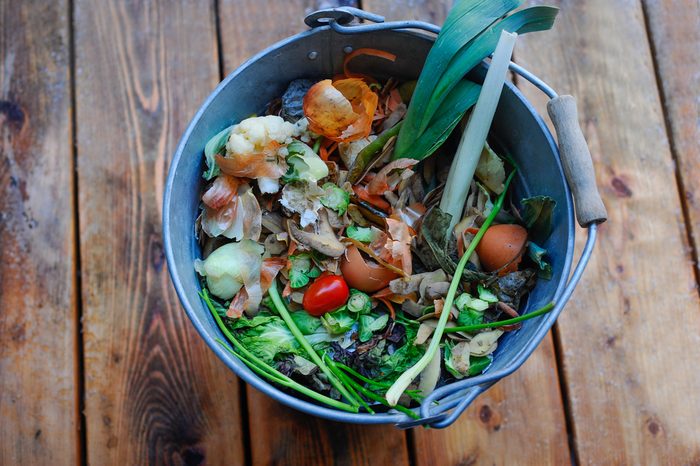
Turn to worms
A worm farm transforms kitchen scraps, used napkins, and other organic waste into nutrient-rich castings for plants. Generally available from a garden center, a worm farm will fit into a small space in a garage or shed, on a shady balcony, or under overhanging eaves. It’s a great way to reduce rubbish immediately.
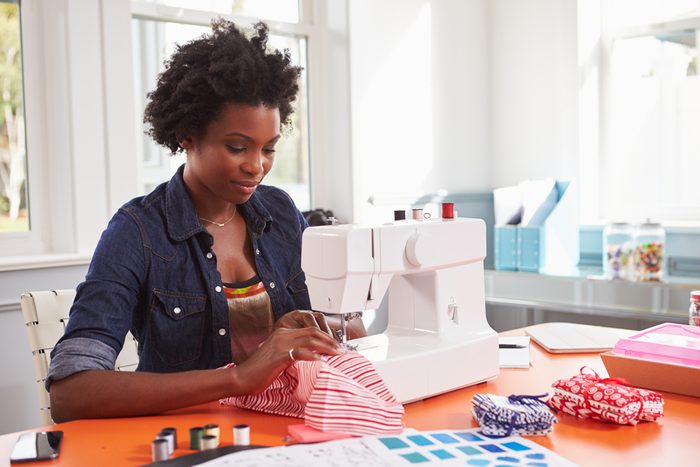
Hold onto old fabric
Just because a sock has a hole in the big toe doesn’t mean its useful life is over. It can be used as padding for ends of ladders and cobweb dusters when fitted over brooms. Old bed sheets can be converted to drop cloths – that way you’re also not buying a big plastic drop cloth, either. Another smart thing to do with fabrics: Organize a clothing swap. Your kids’ outgrown, but wearable, clothes can be used by someone else and vice versa.
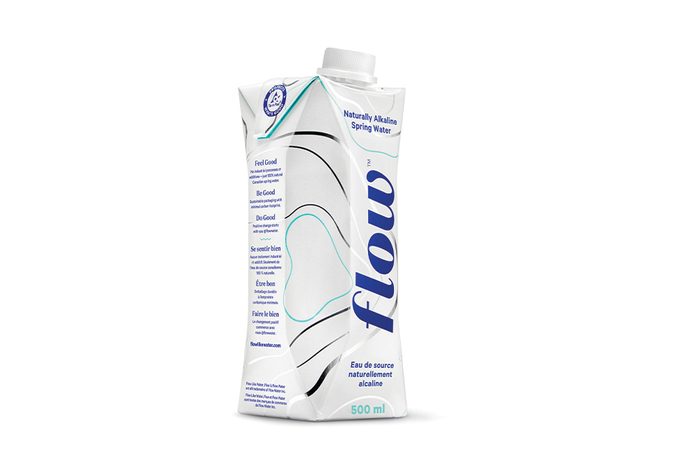
Ban plastic water bottles
According to the Water Project, it takes over 1,000 years for plastic water bottles to bio-degrade naturally. So the next time you forget your reusable water bottle at home, make the eco-friendly decision to purchase water sold in a Tetra Pak, like Flow. You’ll feel good knowing that the complete package is 100 percent recyclable and is made from 70 percent renewable materials.

Renew newspapers
Use old newspapers as lining for pet baskets or kennels. Also, sheets of newspaper are useful for cleaning greasy pans and barbeque. Newspaper can be used to wrap food scraps that can’t go in the compost, too. Newspapers also are a handy alternative to paper towels to clean windows.

Find new homes for furniture
When it’s time to buy new furniture, don’t just haul the old stuff to the dump. Try selling it online. If nobody’s interested, either donate it to a charity or, at the very least, set it outside with a “free” sign on it. Getting rid of old furniture without dumping it doesn’t have to be a hassle, either. Some donation centers even offer pickup services for used furniture.
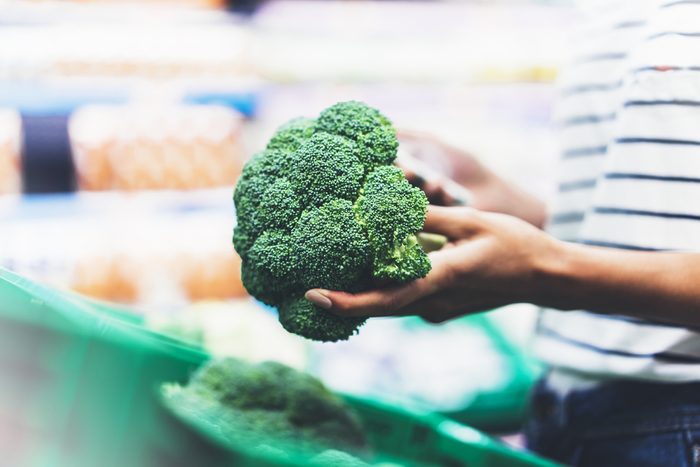
Shop efficiently
Plan a week’s worth of dinners and make a detailed shopping list to prevent overbuying. Leave a few nights free for leftovers or changing plans. Stick to your list and be honest with yourself-don’t buy produce that often goes unused. Some modern cultures waste as much as 30 percent of their food supply.

Extend life for food
It’s easy to keep the remains of your dinner, but that’s no help if you don’t eat them. They’re ideal lunches, and they’ll save you time and money. If leftovers leave you cold, adjust recipes so you make just the amount you need for a single meal. Also, you don’t necessarily need to ditch food based on the package’s sell-by date. These dates are aimed at retailers and leave about a week for consumers to enjoy an item at home. And “best-by” is less stringent than “use-by.”

Seek out e-waste resources
One of the fastest-growing types of waste is electronic, or e-waste. Old computers, televisions, and other electronic gadgets are piling up in too many landfills. What’s worse, the components in some of those devices are made with some potentially dangerous chemicals. To dispose of electronics, first check with the manufacturer; some have store drop-off programs. And electronic stores sometimes have electronic recycling days.
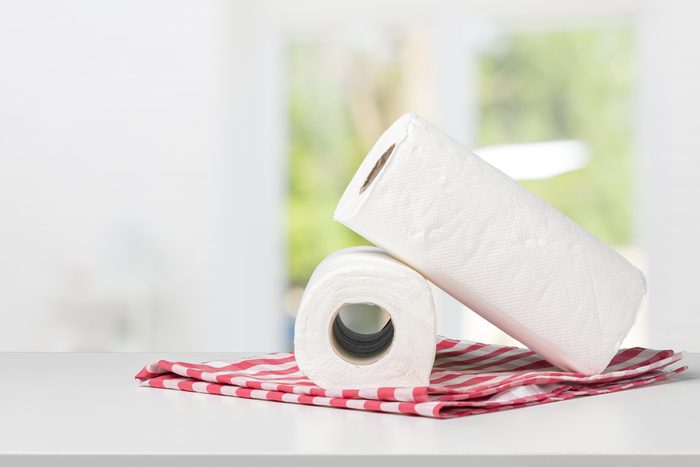
Say no to single-use items
One of the biggest wastes is the packaging that comes with single-serve items, such as coffee or snacks. Other single-use offenders include paper towels, plastic bags, and disposable silverware. Instead of paper towels, look for reusable micro-fiber towels. Always return plastic bags to recycle bins outside of stores, and use picnic sets instead of the disposable stuff.
